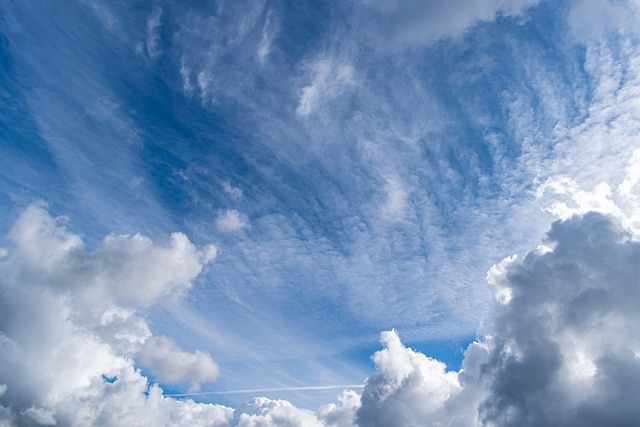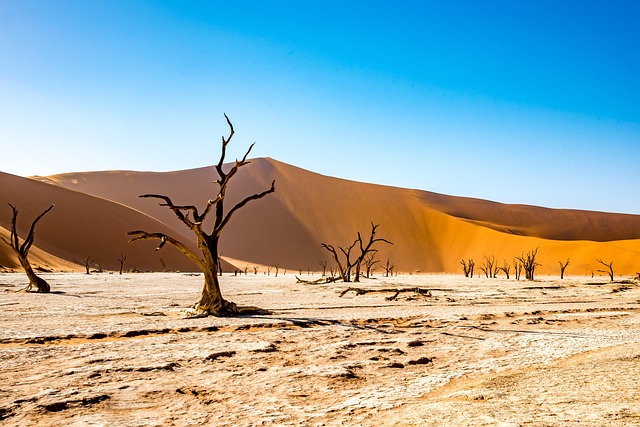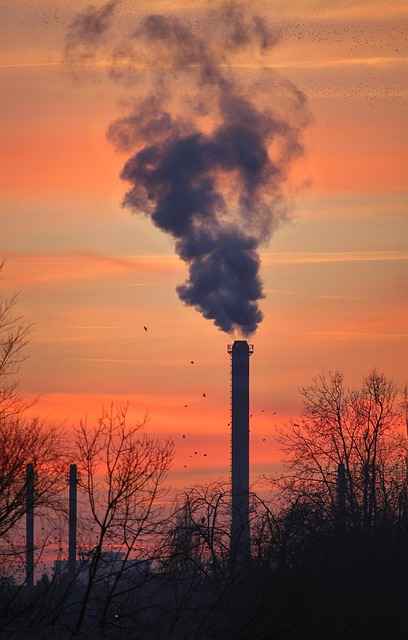
Climate change
Some shifts, including droughts, wildfires, and intense rainfall, are occurring more quickly than scientists once thought. These events are unfolding at a pace that exceeds earlier assessments.
According to the Intergovernmental Panel on Climate Change (IPCC) — the UN group created to evaluate climate science — humanity has never before experienced such changes in Earth’s climate. Moreover, some of these shifts cannot be reversed for hundreds or even thousands of years.
Climate change news
The drought status has ended in Wales following a wet September. Many rivers have now returned to their usual levels for this season.
In August, Natural Resources Wales (NRW) announced drought conditions in south-east Wales and sections of north Wales. This came after the driest spell since 1976.
What is climate change?
Climate change means long-lasting changes in temperature and weather conditions. These changes can happen naturally, for example from shifts in the sun’s energy or massive volcanic eruptions.
However, since the 19th century, human actions have become the major cause of climate change. This is mainly because of burning fossil fuels such as coal, oil, and natural gas.
Climate change definition
The types of evidence supporting climate change are outlined, along with the key processes that have driven changes in climate throughout Earth’s history. In addition, climate variations are described across timescales ranging from the span of a human lifetime to the entirety of geologic time.
For an in-depth explanation of how Earth’s atmosphere has evolved, see the article on the evolution of the atmosphere. For comprehensive discussion of the urgent issue of present-day climate change, refer to the article on global warming.
Is climate change real?
Factories and industries release emissions, mostly due to burning fossil fuels for power. This power is required to manufacture goods like cement, steel, iron, plastics, electronics, clothing, and many other products.
Furthermore, mining and different industrial processes release gases into the air. The building and construction industry also adds to these emissions.
What causes climate change?
Factories and manufacturing generate emissions, mainly from the combustion of fossil fuels to supply energy. This energy is used to produce materials such as cement, steel, iron, plastics, electronics, clothing, and other products.
In addition, mining and various industrial activities emit gases into the atmosphere. The construction sector also contributes to these releases.
Best climate change
Singapore achieves a high ND-GAI ranking largely because of its effective urban planning, which has earned it recognition as a pioneer in green urban development. The city-state is widely regarded as a model for integrating sustainability into its infrastructure.
In recent years, the government has introduced policies aimed at lowering reliance on private cars and encouraging the adoption of electric vehicles. These initiatives work together to establish a more sustainable urban transport network.
Effects of climate change
The seriousness of impacts from climate change will rely on the course of human actions in the future. Higher greenhouse gas emissions will bring more extreme weather events and harmful consequences around the globe.
Still, the future impacts are tied to the overall amount of carbon dioxide we release. By cutting emissions, we could prevent some of the most severe outcomes.
Climate change 2025
Still, 2025 brings some positive developments. Progress in carbon capture, green hydrogen, and energy storage technologies is encouraging.
These breakthroughs may play a crucial role in meeting climate objectives. They could serve as a link between ambitious plans and real-world application.
Climate change articles
The IPCC’s Sixth Assessment Report, released in 2021, concluded that human-driven emissions of greenhouse gases have already raised global temperatures by almost 2°F (1.1°C) since the period of 1850–1900. This warming is directly linked to human activities.
The worldwide average temperature is projected to hit or surpass 1.5°C (around 3°F) in the coming decades. Such shifts will impact every region across the planet.




